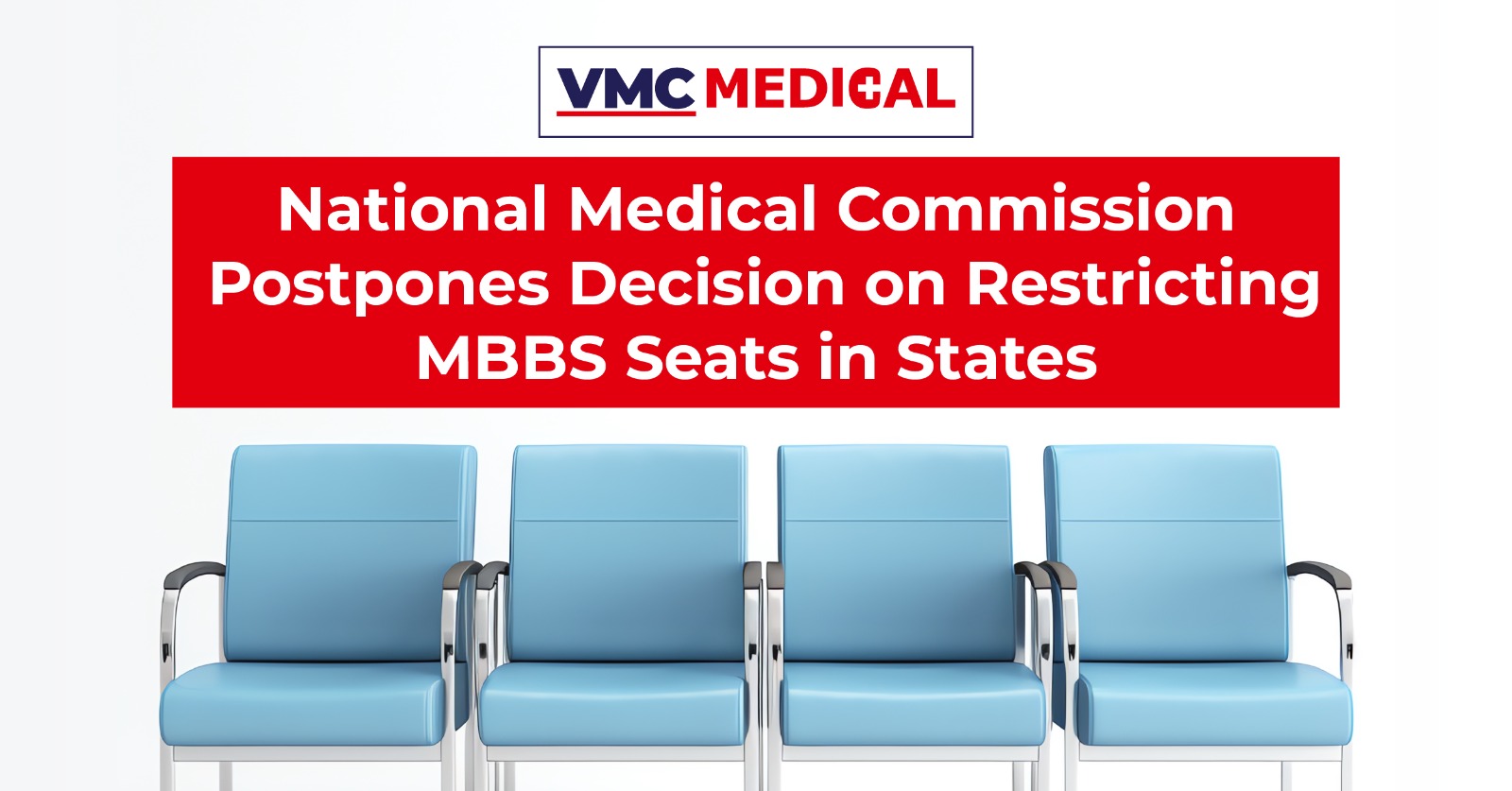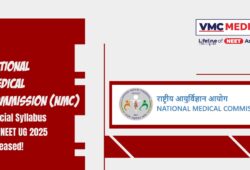National Medical Commission Postpones Decision on Restricting MBBS Seats in States
 Posted On
Posted On
276 total views, 2 views today
In a recent development, the National Medical Commission (NMC) has chosen to defer its decision on revisiting the allocation of MBBS seats based on the ratio of 100 seats per 10 lakh population in each state. The Undergraduate Medical Education Board of the National Medical Commission has announced that this clause will now be enforced starting from the academic year 2025-26.
Initially, the National Medical Commission had imposed a cap on the number of undergraduate seats in each state, limiting it to 100 seats per million population. This measure was implemented to address the issue of overcrowded medical colleges within states, aiming to bridge regional gaps in the availability of healthcare professionals and enhance the quality of education.
According to the proposed ratio, the addition of approximately 40,000 MBBS seats across the country could have been possible if medical colleges were evenly distributed. This prescribed limit of 100 seats per 10 lakh population would have particularly benefited states such as Bihar and Jharkhand, where there is a staggering 70% deficiency in the availability of medical professionals.
However, the implementation of this regulation faced resistance from states that had already surpassed the stipulated seats-to-population ratio, leading to a reconsideration of the decision by the National Medical Commission.
This delay in enforcing the ratio allows for further deliberation and potential amendments to address concerns raised by states that have exceeded the designated seat limits. The decision to postpone the implementation until the academic year 2025-26 reflects a commitment to striking a balance between ensuring equitable distribution of medical seats and considering the unique circumstances of individual states.
As discussions continue, it remains to be seen how the NMC will navigate the complexities of medical education distribution to effectively address regional deficiencies while fostering the growth of healthcare professionals across the country. This development underscores the importance of a collaborative and flexible approach in shaping policies that impact the medical education landscape in India.
Final Thoughts
The NMC’s decision to defer the implementation of the proposed MBBS seat allocation ratio reflects a willingness to engage in further dialogue and collaboration. As the healthcare landscape continues to evolve, it is imperative to adopt a flexible and adaptive approach that considers the diverse needs of different states. By fostering collaboration, embracing technological solutions, and strengthening medical education infrastructure, India can move towards a more equitable and robust healthcare system that serves the needs of all its citizens.




